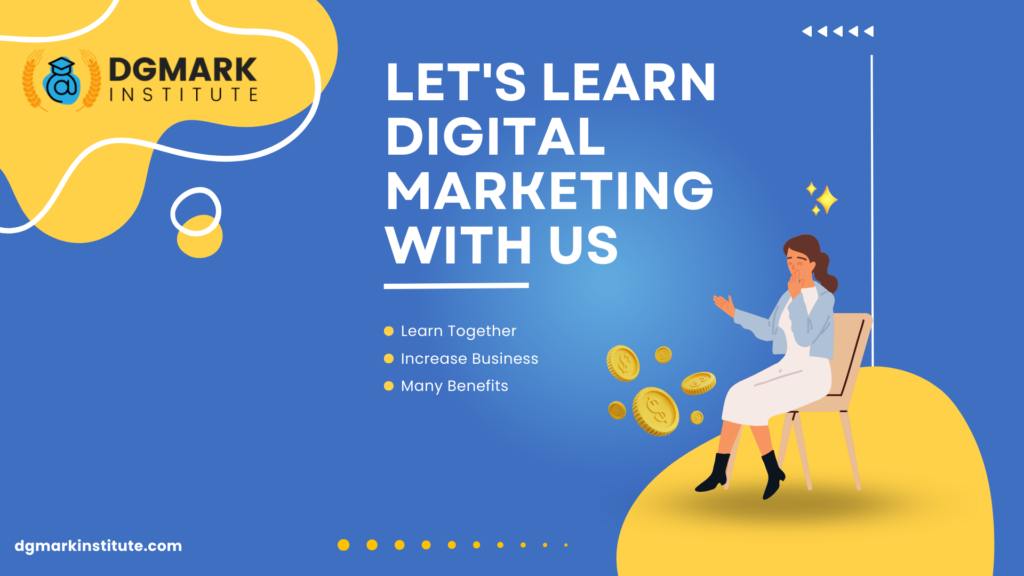In today’s digital age, mastering the art of Digital Marketing is crucial for businesses aiming to thrive in the competitive online landscape. From search engine optimization (SEO) to social media marketing and beyond, understanding and harnessing these essential skills can significantly impact your brand’s visibility, engagement, and ultimately, its bottom line.
1. SEO (Search Engine Optimization)
SEO lies at the core of digital marketing success. It involves optimizing your website and content to rank higher in search engine results pages (SERPs). This includes keyword research, on-page optimization (meta tags, content structure), off-page optimization (backlinks), and technical SEO (site speed, mobile-friendliness). Mastering SEO ensures your content is discoverable by your target audience when they search for relevant information.
2. SEM (Search Engine Marketing)
Complementing SEO is SEM, which encompasses paid advertising strategies to increase visibility in search engines. Platforms like Google Ads allow businesses to bid on keywords and display ads to targeted audiences. A mastery of SEM involves understanding ad placement, bidding strategies, ad copywriting, and performance tracking to maximize return on investment (ROI).
3. Content Marketing
Content is king in digital marketing. Content marketing focuses on creating valuable, relevant, and consistent content to attract and retain a defined audience. This includes blog posts, articles, infographics, videos, and more. Effective content marketing builds brand authority, educates your audience, and drives organic traffic to your website.
4. Social Media Marketing
Social media platforms provide powerful channels for connecting with audiences and promoting products or services. Effective social media marketing involves understanding platform algorithms, audience demographics, content creation (including visual and video content), engagement strategies, and analytics. Each platform requires a tailored approach to maximize engagement and achieve marketing goals.
5. Email Marketing
Email remains one of the most effective channels for nurturing leads, retaining customers, and driving conversions. Successful email marketing campaigns involve crafting compelling subject lines, personalized content, targeted segmentation, automation workflows, and continuous optimization based on analytics and performance metrics.
6. Digital Advertising
Digital advertising spans various formats and platforms beyond search engines, including display ads, native ads, and video ads on websites, social media, and other digital channels. Understanding ad formats, audience targeting options, budget management, ad creative optimization, and performance metrics is essential for maximizing ad campaign effectiveness and ROI.
7. Analytics and Data Interpretation
Data-driven decision-making is a hallmark of successful digital marketing campaigns. Tools like Google Analytics provide valuable insights into website traffic, user behavior, conversion rates, and campaign performance. Mastering analytics involves setting up goals, tracking key performance indicators (KPIs), analyzing trends, and using data to refine strategies and achieve business objectives.
8. Conversion Rate Optimization (CRO)
CRO focuses on improving the percentage of website visitors who complete desired actions, such as making a purchase or filling out a form. Techniques include A/B testing, optimizing landing pages, improving website usability (UI/UX), reducing friction in conversion funnels, and leveraging behavioral psychology principles to enhance user experience and drive conversions.
9. Mobile Marketing
With the proliferation of smartphones and mobile devices, optimizing marketing efforts for mobile users is essential. This includes mobile-responsive website design, mobile app marketing, SMS campaigns, and mobile-specific advertising strategies to reach users on the go and enhance overall user experience.
10. Digital Strategy Development
A cohesive digital marketing strategy aligns all efforts with business goals, target audience needs, and market trends. It involves conducting market research, defining buyer personas, setting measurable objectives, choosing the right mix of digital channels and tactics, allocating budgets effectively, and continuously evaluating and adjusting strategies based on performance and market dynamics.
Conclusion:
Mastering these essential digital marketing skills is not just about staying ahead of the curve—it’s about building a strong online presence, engaging with your audience effectively, and driving sustainable growth for your business. By honing these skills and integrating them into a comprehensive digital marketing strategy, you can navigate the complexities of the digital landscape with confidence and achieve long-term success. Whether you’re a seasoned marketer or just starting out, investing in these skills will undoubtedly pay dividends in the digital age.
Digital marketing is a dynamic and evolving field, and continuous learning and adaptation are key to staying competitive. Embrace these skills, experiment with new tactics, and stay informed about industry trends to maintain your edge in the ever-changing digital marketplace.
| ReplyForwardAdd reaction |




